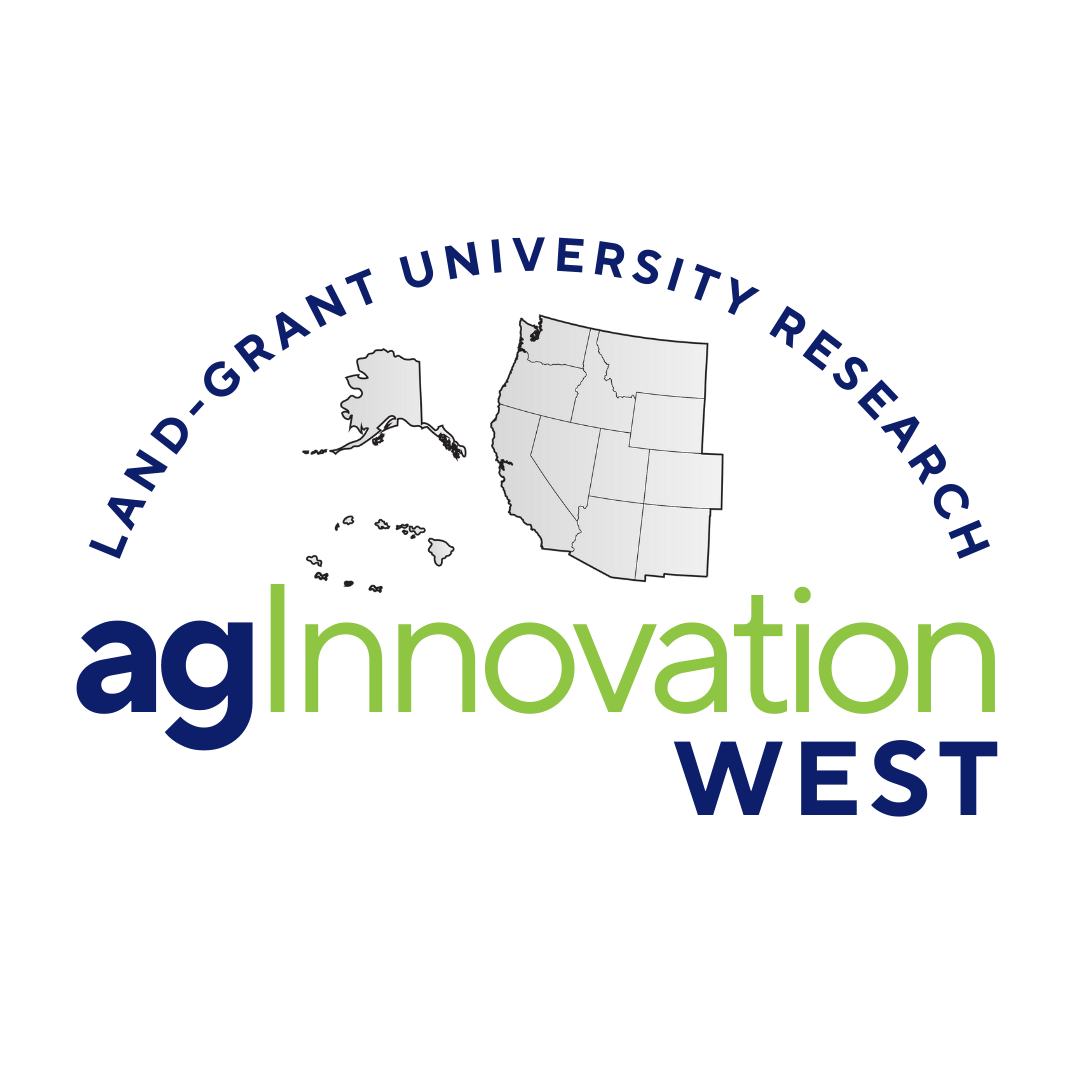
WERA_OLD1: Beef Cattle Breeding in the Western Region
(Multistate Research Coordinating Committee and Information Exchange Group)
Status: Inactive/Terminating
WERA_OLD1: Beef Cattle Breeding in the Western Region
Duration: 10/01/2002 to 09/30/2008
Administrative Advisor(s):
NIFA Reps:
Non-Technical Summary
Statement of Issues and Justification
Beef cattle produce high quality protein and other nutrients for human consumption through utilization of land and forage that is typically unavailable for use in direct human food production. These lands and forages occur in highly variable environments requiring cows with different genetic potentials for optimum production. In addition, the high degree of segmentation of the industry from the seedstock producer to the consumer and the varied consumer demands such as lean, hotel-restaurant, and guaranteed tender products combine to make genetic improvement of beef cattle a very complex issue. The myriad of potential owners of an animal during its life do not value performance in the same traits resulting in confusing signals to the commercial and seedstock producers. The purpose of this committee is to develop improved methods of genetic improvement using the latest quantitative and molecular techniques to increase the probability of making economically sound breeding decisions and to disseminate the new information and educate the industry on these genetic improvement methodologies.�
Objectives
-
Maintain and disseminate educational resources on the genetics of beef cattle including WCC-1 publications.
-
Conduct research to contribute to the understanding of genetic association among economically important traits and their indicators
-
Maintain a record of resources on pedigreed populations that could be used in quantitative and/or molecular studies.
-
Exchange information, discuss research results, plan new research, examine new developments, discuss future problems, plan cooperative research and share ideas for interdisciplinary involvement in beef cattle breeding.
-
�
Procedures and Activities
Expected Outcomes and Impacts
- Objective 1 will result in producers who are more informed and able to use the latest tools for genetic improvement. This objective will include maintenance and improvement of the WCC-1 website and plans (discussed in the Educational Plan section) for increased use of the website by both producers and educators. Members of the group will also continue to disseminate information through extension type presentations.
- Objectives 2 and 3 work synonymously to yield information and publications from the collaborative research of investigators from varying disciplines (i.e., Genomics = molecular and quantitative genetics). The process of being able to define or locate genes or polymorphism alleles within genes is a difficult task. What is more difficult is the quantitative analyses of these data relative to performance traits in beef cattle. The WCC1 team establishes a framework to conduct collaborations between molecular and quantitative researchers. More importantly, members of this committee have access to databases of quantitative information that also have DNA resources to be used to evaluate the value of genetic markers as selection tools within defined populations. Once these relationships are thoroughly investigated in defined populations, then the information can be outsourced and tested in populations throughout the beef industry.
- Exchange of information (Objective 4) will result in committee members who are knowledgeable of other members academic and research activities. This knowledge will facilitate cooperative efforts in research. The annual meeting will be used for detailed planning of the workshops for educating producers on making economically sound selection decisions based on appropriate use of genetic evaluations for economically relevant and indicator traits.
- �
Projected Participation
View Appendix E: ParticipationEducational Plan
The WCC1 has historically been very active extending scientific information regarding the understanding of beef cattle selection and genetics to livestock producers. This committee plans to continue this great tradition. Also, a distance education graduate program has stemmed from the activities of WCC1. Graduate course in Animal Breeding and Prediction technologies have now been shared between the University of Arizona, University of Chihuahau, Colorado State University, Texas Tech University, and New Mexico State University. These courses have now reached 40 to 50 graduate students. The committee plans to continue this education program while also being very active with industry partners. These partners currently include Dr. Ronnie Green of Future Beef and Dr. L. Gould of the American Red Angus Association. Industry partners provide an opportunity for the committee to share information directly with leadership involving seedstock and to learn from their feedback of the activities of the group.
Organization/Governance
The recommended Standard Governance for multistate research activities include the election of a Chair, a Chair-elect, and a Secretary. All officers are to be elected for at least two-year terms to provide continuity. Administrative guidance will be provided by an assigned Administrative Advisor and a CSREES Representative.
Literature Cited
Literature Cited from work of the previous proposal is attached.�